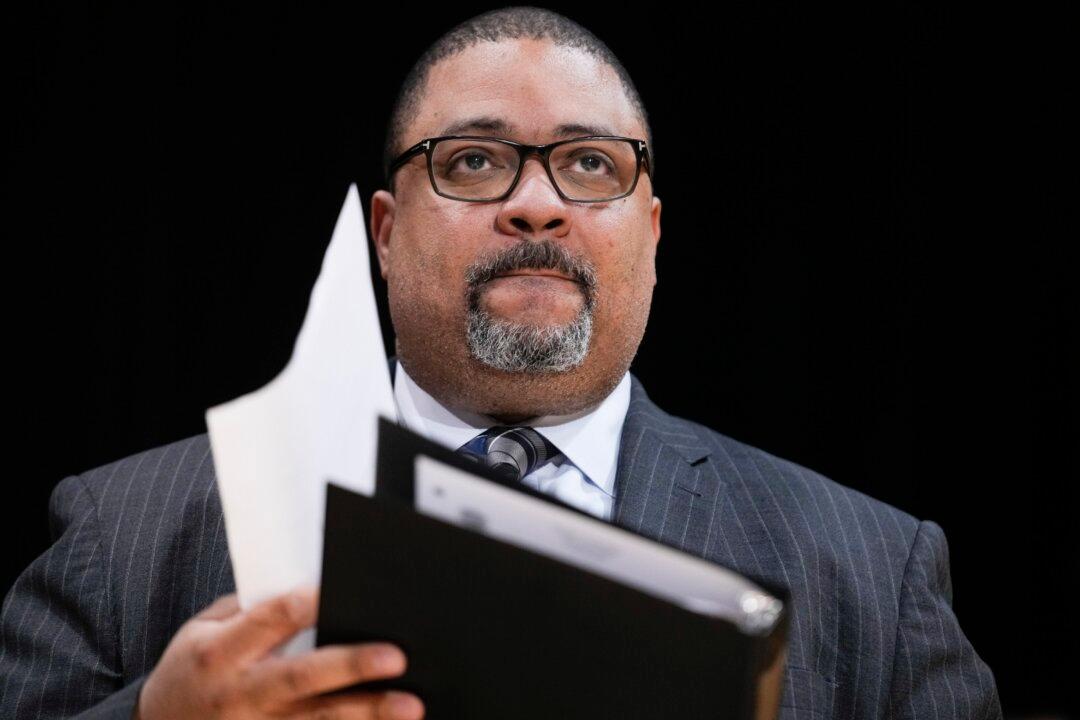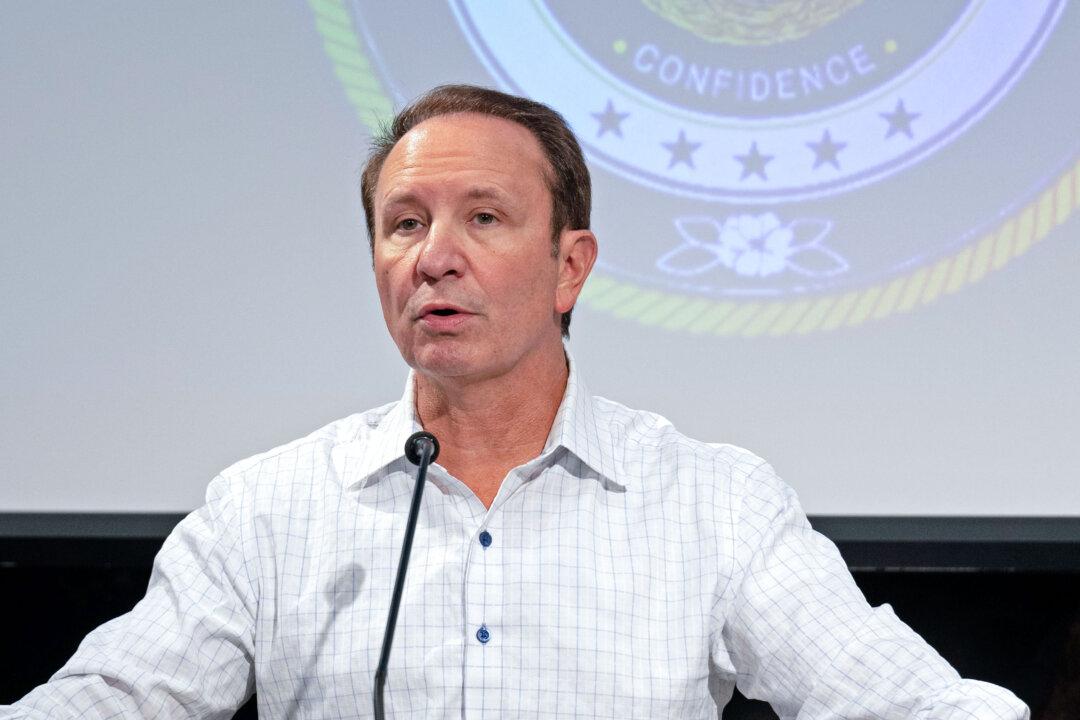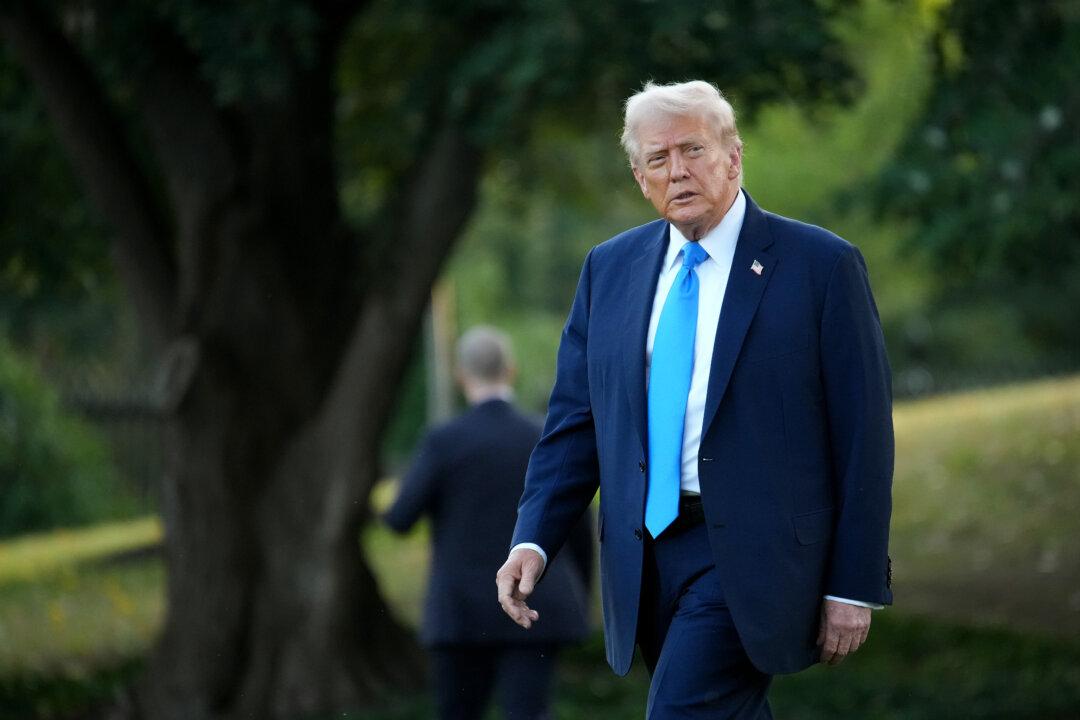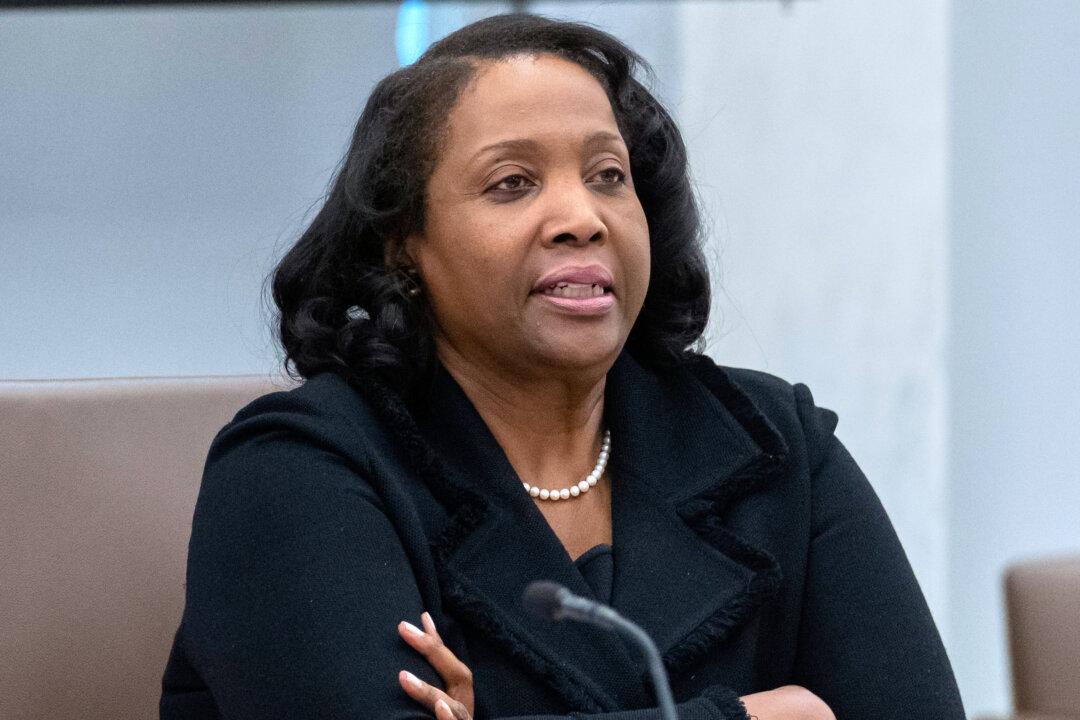The 2nd Circuit Court of Appeals on April 20 issued a temporary administrative hold on the return date of the House Judiciary Committee’s congressional subpoena to Mark Pomerantz, a former prosecutor at Manhattan District Attorney Alvin Bragg’s office.
Pomerantz investigated former President Donald Trump’s finances before leaving Bragg’s office in February 2022 in protest of Bragg’s initial unwillingness to bring an indictment against Trump. Bragg then brought the indictment against Trump in late March, prompting Rep. Jim Jordan (R-Ohio), chair of the House Judiciary Committee, to initiate a probe into what Jordan calls a “politically motivated” prosecution against a former president. Jordan subpoenaed Pomerantz to seek his testimony. In response, Bragg sued the House Judiciary Committee and Pomerantz to prevent Pomerantz from testifying.





